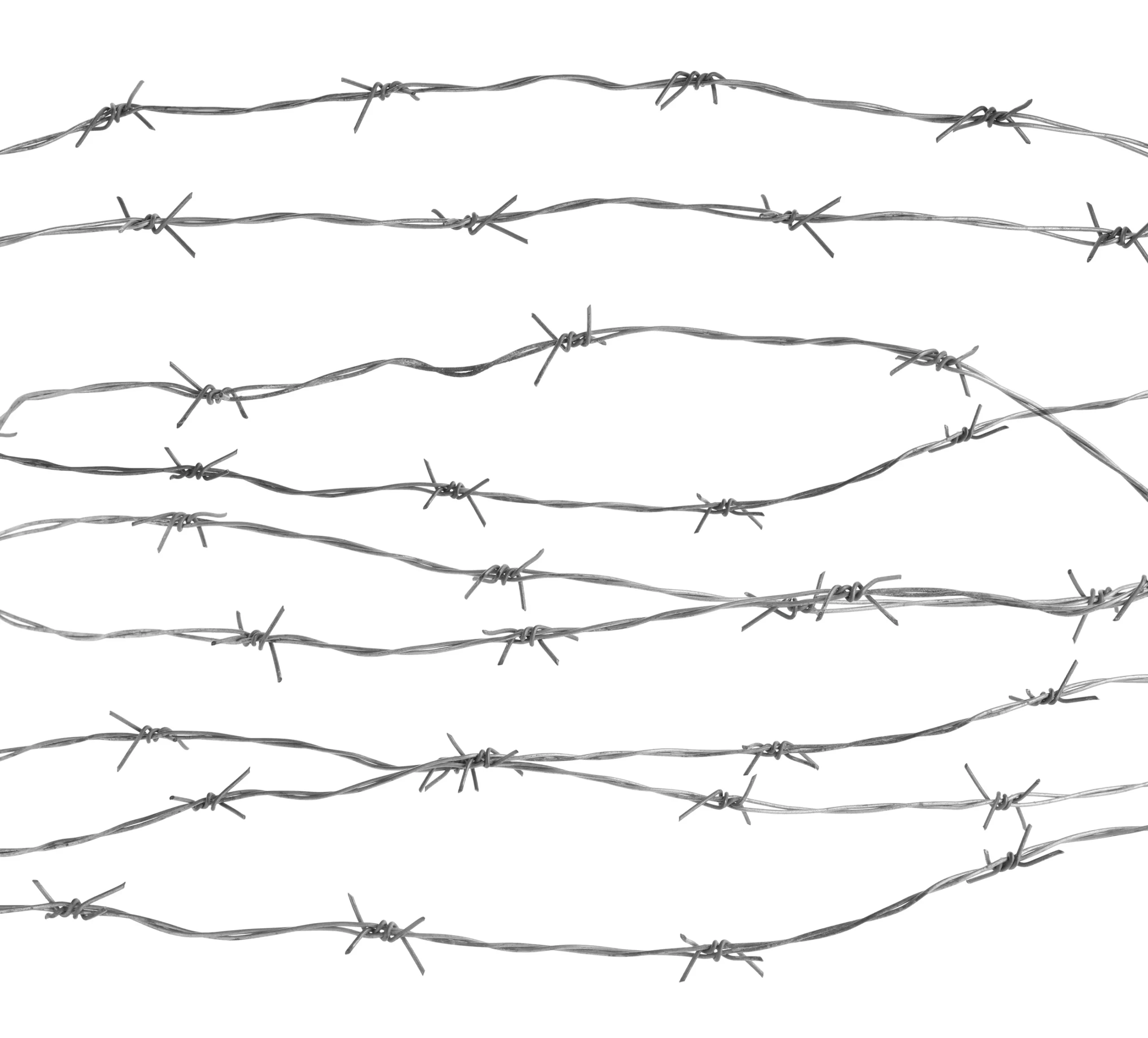Up to 50% of individuals with schizophrenia battle with alcohol or illicit drug dependence, and this crossover between schizophrenia and substance use disorders (SUDs) presents a complex challenge in mental health care.
The prevalence of any substance use disorder among individuals with schizophrenia is staggeringly high at 41.7%, with specific rates for illicit drugs at 27.5%, cannabis at 26.2%, alcohol at 24.3%, and stimulants at 7.3%. Notably, the variance in SUD prevalence between genders is vast, with 48% of males affected compared to 22.1% of females.
Substances such as stimulants are particularly potent in inducing or worsening psychotic symptoms, making the clinical picture more complex. Particularly concerning is the heavy misuse of cannabis, which has been identified as a potent stressor triggering relapses in those with schizophrenia and related disorders.[1] Also, people with co-occurring SUDs generally experience an earlier onset of schizophrenia symptoms, and trends over time reveal an increasing prevalence of illicit substance use, which highlights the importance of early intervention.[2]
By deepening our understanding of the connection between schizophrenia and SUD, we can enhance therapeutic strategies and ultimately improve the lives of those dealing with these co-occurring conditions.
Neurobiological Insights
Schizophrenia is characterised by significant disruptions in neurotransmitter systems, notably dopamine and glutamate. This knowledge helps us understand both the symptoms of schizophrenia and its association with substance use disorders (SUDs). Dopamine dysregulation in schizophrenia, particularly the overactivity in the mesolimbic pathway, is linked to psychotic symptoms such as delusions and hallucinations. Conversely, glutamate dysfunction, typically seen as underactivity in the glutamatergic system, is thought to contribute to cognitive impairments and negative symptoms associated with the disorder.[3]
These neurotransmitter imbalances not only underlie many of the cognitive and psychotic symptoms seen in schizophrenia but also predispose people to substance misuse. This susceptibility can often lead to a complex feedback loop where the use of substances exacerbates the symptoms of schizophrenia, thereby perpetuating and complicating co-morbidity.
Genetic factors also contribute significantly, with certain profiles increasing susceptibility to both conditions. Neuroimaging studies highlight shared brain circuit abnormalities, especially in areas such as the hippocampal formation and frontal cortex, which are involved in reward processing and impulse control. These abnormalities can reinforce the reward from taking substances and reduce inhibitions about seeking them.[4]
The Self-Medication Hypothesis Revisited
The self-medication hypothesis suggests that individuals with schizophrenia may use substances as a way to cope with the distressing symptoms of their condition or the side effects of psychiatric medications. This perspective posits that substances like alcohol, cannabis, or nicotine might temporarily alleviate symptoms such as anxiety, depression, or the blunted effect often seen in schizophrenia. For instance, amphetamine is known to enhance attention and cognition slightly, which may appeal to those struggling with the cognitive deficits associated with schizophrenia.[5]
Further research has evolved this hypothesis into more nuanced interpretations like the reward deficiency syndrome. This theory explains that due to inherent dysfunctions in the brain’s reward system – particularly in pathways modulated by neurotransmitters like dopamine – people with schizophrenia might be predisposed to use substances as a compensatory mechanism. This use aims to correct the perceived reward insufficiency, providing temporary relief from their chronic neurological distress.[6]
However, while substance use might offer short-term symptom relief, it can exacerbate symptoms in the long run, leading to a cycle of increased dependency and worsening mental health. For example, while cannabis might temporarily reduce anxiety, its long-term use can increase paranoia and anxiety, complicating the clinical picture of schizophrenia.
Environmental and Societal Influences on Schizophrenia and Substance Use Disorders
The relationship between environmental factors and the onset of schizophrenia and substance use disorders (SUDs) is significant, with various social and environmental stressors influencing the risk and severity of these conditions. Urban environments, with high-density living and elevated levels of pollution and noise, have been consistently linked with higher rates of schizophrenia,[7] and the stress associated with urban living can also drive individuals toward substance use as a coping mechanism, exacerbating the challenges associated with mental health disorders.[8]
Socioeconomic status (SES) further compounds these issues. Lower SES is associated with increased exposure to stressors such as crime, social isolation, and limited access to quality healthcare, all of which can contribute to the development of mental health issues and substance dependency. Moreover, underprivileged neighbourhoods often have higher availability of substances and alcohol, alongside fewer recovery resources, creating an environment where substance use can become a prevalent coping strategy for underlying mental distress.
In addition, the social isolation and stigma associated with mental illness can lead to further complications. People with schizophrenia are often marginalised, which can exacerbate feelings of loneliness and lead to the self-medication behaviours seen in SUDs.[9] The stigma surrounding both schizophrenia and substance use disorder can also deter people from seeking the help they need, leading to a cycle of deterioration where the lack of social support and professional intervention perpetuates the severity of their conditions.[10]
Treatment Challenges and Innovations
Treating individuals diagnosed with both schizophrenia and substance use disorder presents a complex challenge, primarily due to the overlapping and often exacerbating symptoms of each condition.
Traditional treatment models, which addressed these disorders separately, often failed to deal with the interconnected nature of the symptoms, leading to suboptimal outcomes. This realisation led to the development and implementation of integrated treatment approaches designed to address both conditions concurrently.
Integrated treatment models such as dual diagnosis treatment programmes combine psychiatric care with substance use treatment, providing a more holistic approach that considers the interaction between schizophrenia and substance use. These programmes typically involve a combination of psychotherapy, medication management, and support groups, which together aim to treat the person as a whole.
Pharmacological strategies also play a key role, with medications being used to target the specific neurochemical imbalances present in schizophrenia while also addressing the compulsive behaviours associated with substance misuse. For example, antipsychotic medications can help stabilise mood and reduce psychotic symptoms, while medications such as naltrexone can be used to curb cravings and reduce the rewarding effects of using substances. Interestingly, naltrexone, traditionally used to manage opioid use disorder, has been shown to help the symptoms of schizophrenia.[11]
Get Help for Schizophrenia and Substance Use Disorder Today
Assured Healthcare and Wellness is committed to providing the support and expert care necessary for managing these complex conditions. For those navigating the challenges of schizophrenia and SUD, understanding the disorders and knowing the treatment avenues available is the first step toward recovery.
We encourage anyone struggling with schizophrenia or substance misuse to reach out. Our integrated treatment programmes are designed to address the unique challenges of co-occurring disorders, offering a pathway to recovery that respects each person’s dignity and individual needs.
Contact us today to take a significant step towards healing and reclaiming control over your life.
Sources:
- https://www.ncbi.nlm.nih.gov/pmc/articles/PMC3181760/
- https://www.sciencedirect.com/science/article/abs/pii/S0376871618304587
- https://www.ncbi.nlm.nih.gov/pmc/articles/PMC3181760/
- https://pubmed.ncbi.nlm.nih.gov/16139525/
- https://www.ncbi.nlm.nih.gov/pmc/articles/PMC3181760/
- https://www.ncbi.nlm.nih.gov/pmc/articles/PMC9604605/
- https://www.ncbi.nlm.nih.gov/pmc/articles/PMC3799240
- https://www.ncbi.nlm.nih.gov/pmc/articles/PMC2732004/
- https://www.ncbi.nlm.nih.gov/pmc/articles/PMC10123822/
- https://www.ncbi.nlm.nih.gov/books/NBK384923/
- https://www.nature.com/articles/s41386-020-0730-z



